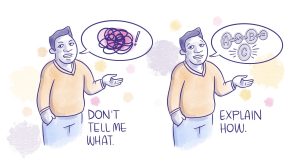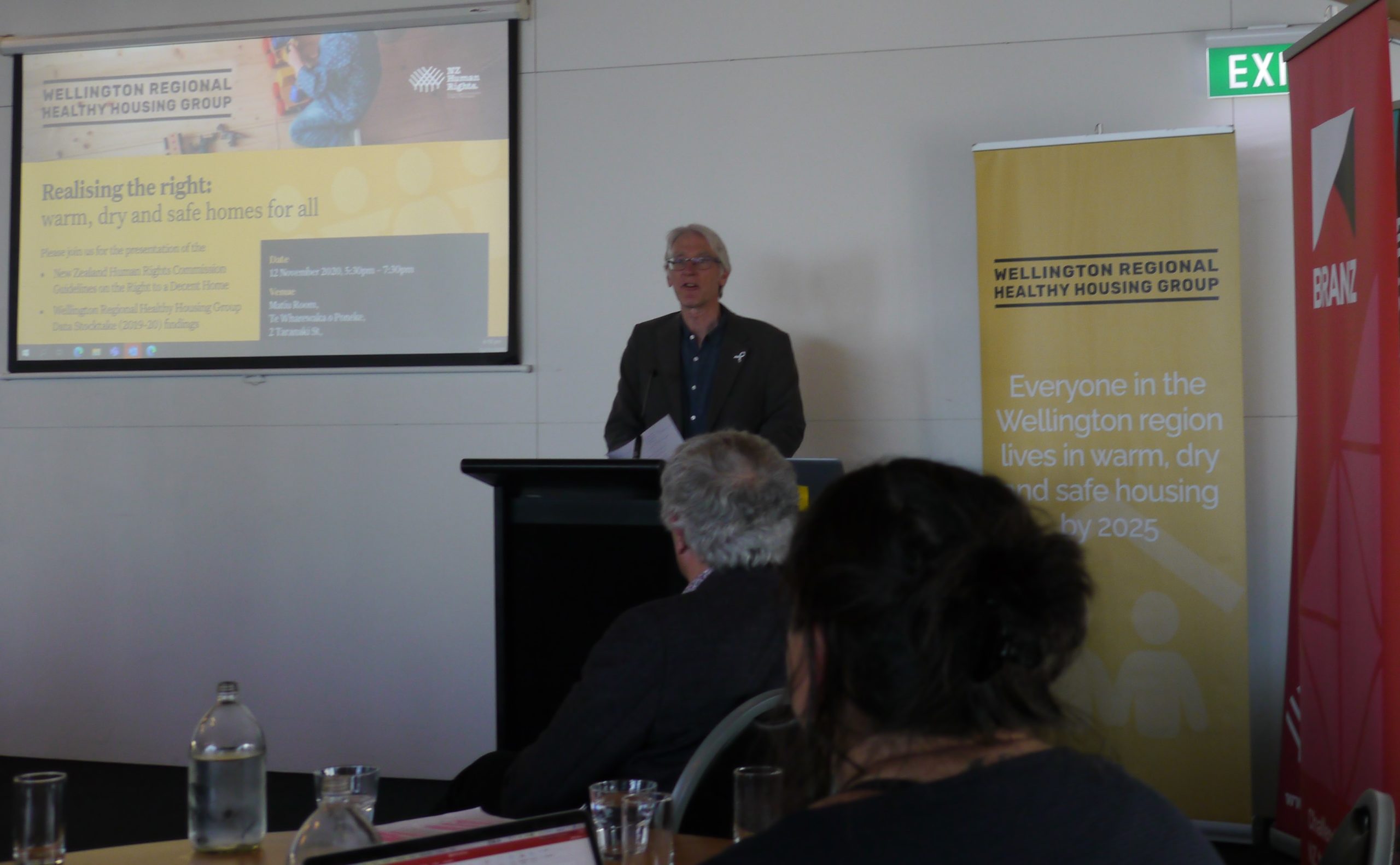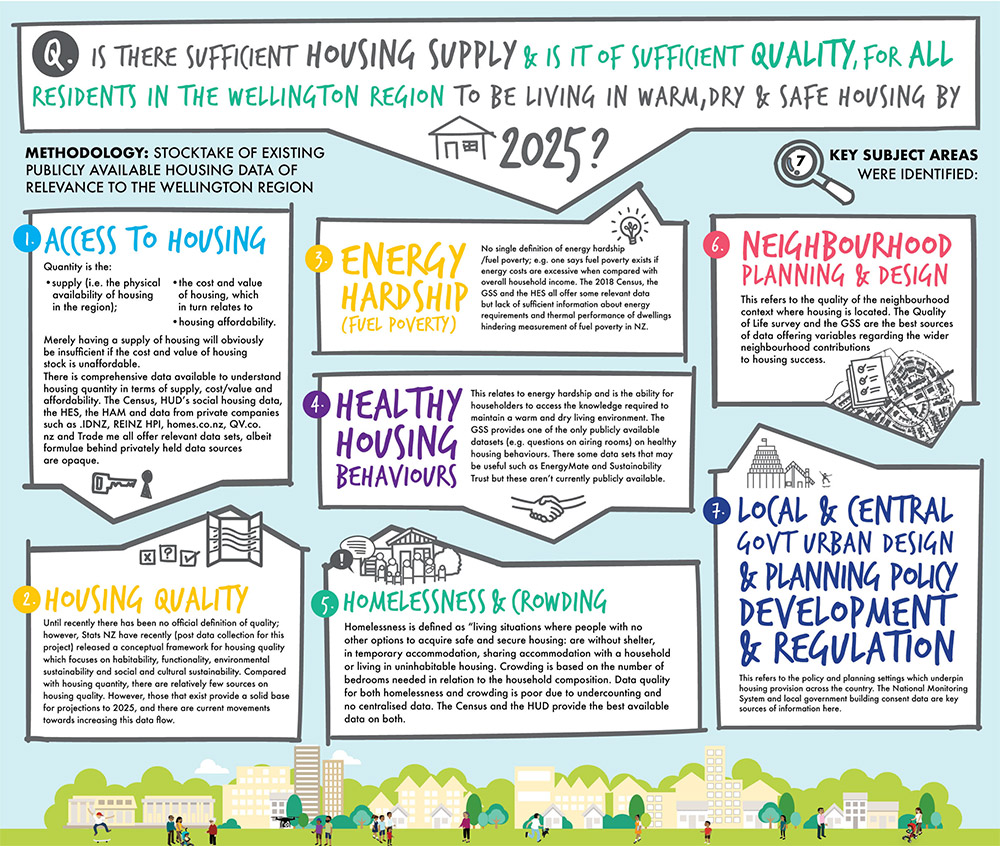
“our homes are our stability for our families…which contributes to our mental and physical health”
In late 2022, WRHHG commissioned a survey to gather information about how New Zealanders talk about homes and health. The Public Narratives Survey was carried out during September 2022 and results analysed in the following months. 104 people from a broad cross-section of New Zealand public were surveyed.
Key Findings:
- A majority of respondents agreed that there is a problem with home health in New Zealand.
- A majority agreed that government is fully (54%) or partially (19.2%) responsible to ensure homes are healthy.
- The relationship between home and health was described holistically – consistent with the concept of Hauora – and unhealthy homes were understood to affect both individual and collective wellbeing
- Health and (lack of) choice and agency, were generally talked about together. Respondents who were renters were more likely to speak about experience of home in terms of (lack of) choice and agency than non-renters.
- Explanations for why our homes are unhealthy focused on age of New Zealand houses, cold damp climate, and poor quality building materials
- Affordability was perceived as a key barrier for both homeowners and renters to accessing healthy homes
- Two respondents specifically referred to how their experience of disability or chronic illness affected what they needed from a home, and their ability to improve home health
- Overall, local councils and online sources (e.g. Facebook, Google) were the most consistently highly ranked sources of information and support. Central government was a more polarised choice – either high-ranked or low-ranked
Results from this survey together with subsequent political discourse analysis carried out in 2023 have informed development of communications materials as part of the ongoing Healthy Homes Communication Action Research Project.
A full report on Survey findings can be downloaded here. See also this post about research on Political Discourse on Healthy Homes in New Zealand, and the difference between political and public ways of talking about home health.




